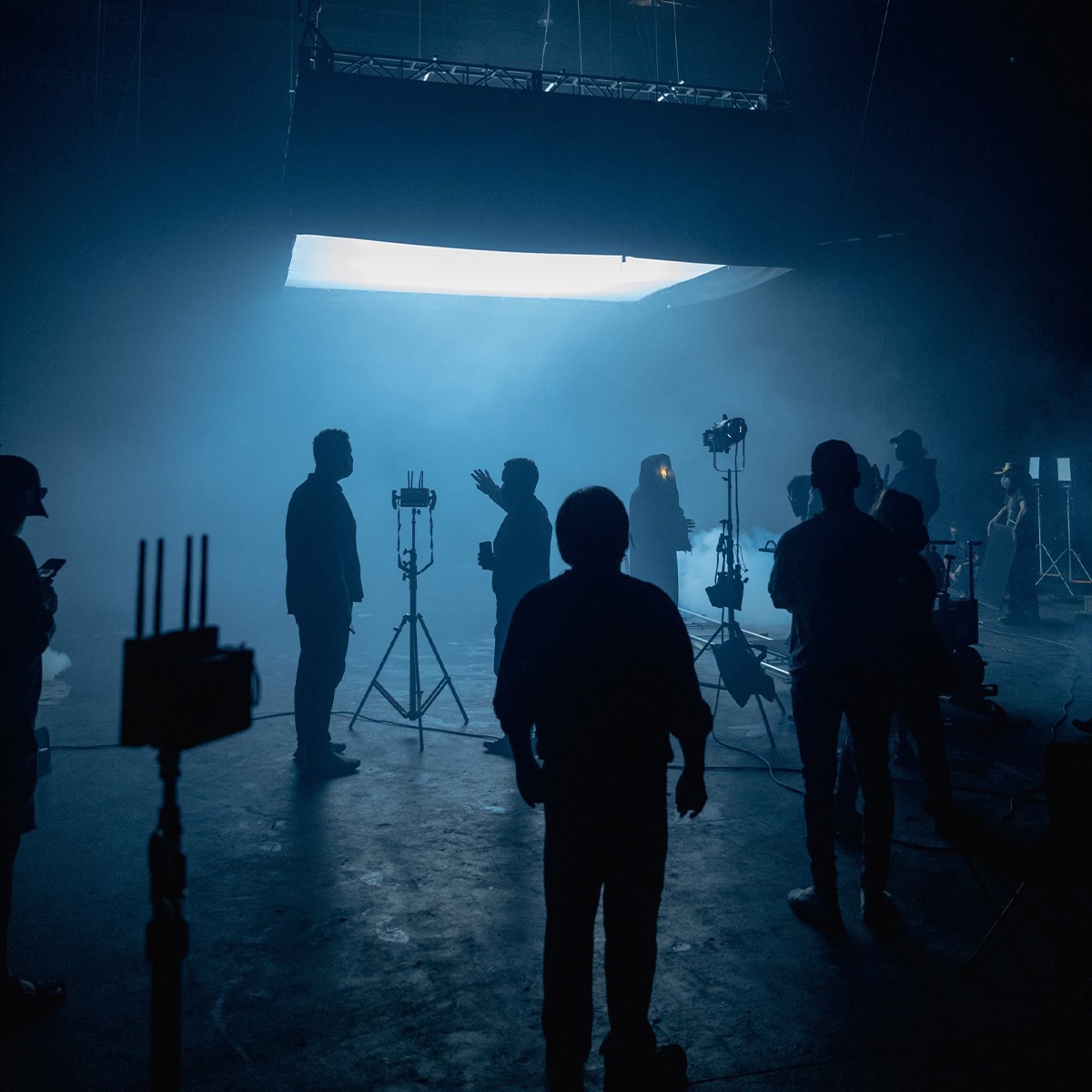Other
Film Crew Position: Archive Footage

What does a Archive Footage do?
Archive footage refers to pre-existing video or film material that is reused in a new production. This type of footage can be sourced from various archives, which include news outlets, private collections, and historical repositories. Used effectively, it can add historical context, depth, or background to new stories or films without the need to shoot new material. Archive footage often appears in documentaries, television series, and feature films, providing a practical solution to budget constraints and adding authenticity to the narrative.
What role does a Archive Footage play?
The role of archive footage within a film or television production is primarily to enhance or support the new material with visual evidence and historical depth. It allows filmmakers to tell more comprehensive and convincing stories by incorporating footage that may be difficult or impossible to replicate. Utilizing archive footage can significantly reduce production costs and time, as it avoids the complexities and expenses associated with staging certain scenes or traveling to distant locations. Moreover, it serves as a bridging element that connects different timelines or events within a narrative.
Do you need to go to college to be a Archive Footage?
A specific college degree is not required to work with archive footage. However, a background in film studies, history, or archival science can be beneficial. Professionals handling archive footage often benefit from having strong research skills and a good understanding of copyright laws. Experience in film production, particularly in editing or research roles, can also be valuable. Understanding the ethical considerations and legal implications of using archival material is crucial in this field.
What skills do you need to be a Archive Footage?
Working with archive footage requires a unique set of skills. Critical among these are strong research capabilities, as the job involves identifying and sourcing the appropriate footage from vast archives. Attention to detail is crucial in ensuring the chosen footage fits seamlessly into the new production in terms of style, era, and context. Technical skills in digital archiving and video editing are also important, as archived material may need restoration or digital enhancement. Additionally, a good understanding of copyright laws and negotiation skills is necessary to secure usage rights from archives or individual copyright holders.
New to filmmaking?
Get Free Template
Use our budget template to get a kick start on your film project. Get access to dozens of templates no matter what type of project!
